I was 12 during the summer of 1968, the period in which Andy Warhol was shot, Robert Kennedy was assassinated by Sirhan Sirhan, Abbie Hoffman’s essay The Yippies are Going to Chicago drew attention to the Yippie Manifesto , Richard Nixon was nominated as the Republican candidate for president, and the tumultuous Democratic National Convention was held in Chicago. Those are the things that caught my attention on the news of the time. Amidst those stories glowing across my family’s black-and-white Zenith television, was the footage of Soviet-led Warsaw Pact nations invading Czechoslovakia. That changed everything—in more ways than one.
One’s perception of reality and history is never completely accurate. There are too many facets, nuances, and events that affect perspectives, actions, and which stories are shared. It pays to continue to explore, which is one of the contributions of the NCSML, i.e., to add to the big picture with exhibitions, programs, publications, events, and more. Not all information is available at the time that history is made.
One of my photography students in Pilsen gave me a book of images by Josef Koudelka. It took 40 years for Koudelka to be able to admit that he was the creator of the images. Such is the power and reach of communist censorship. His images were acclaimed as they provided a powerful view of the Warsaw Pact invasion. It took years for the images to come out and decades for him to take the full credit he deserved. Compelling as they were, the images did not enter the conversation of the invasion for years. They added an important ingredient toward understanding.
Many forces and influences led to the invasion, just as many did to the throwing off of communism as the ruling party a few decades later. One influence which may not have gotten much “air time” on US television stations was, Ludvik Vaculik’s manifesto Two Thousand Words. A perfect example of the Law of Unintended Consequences, his document inspired unexpected responses.
History is full of incomplete stories, unintended consequences, and new information added over time. Welcome to the human experience and the work of the NCSML.

